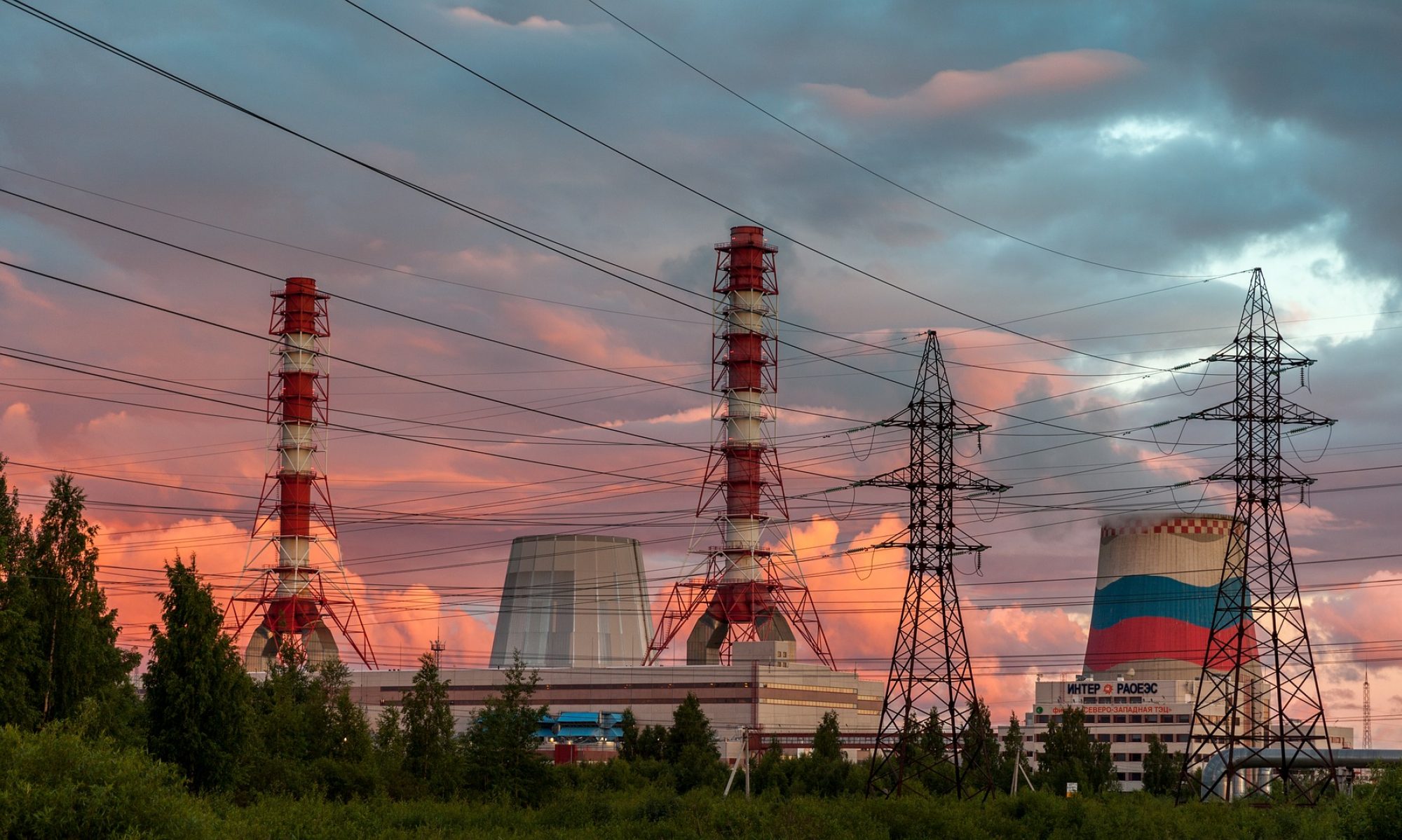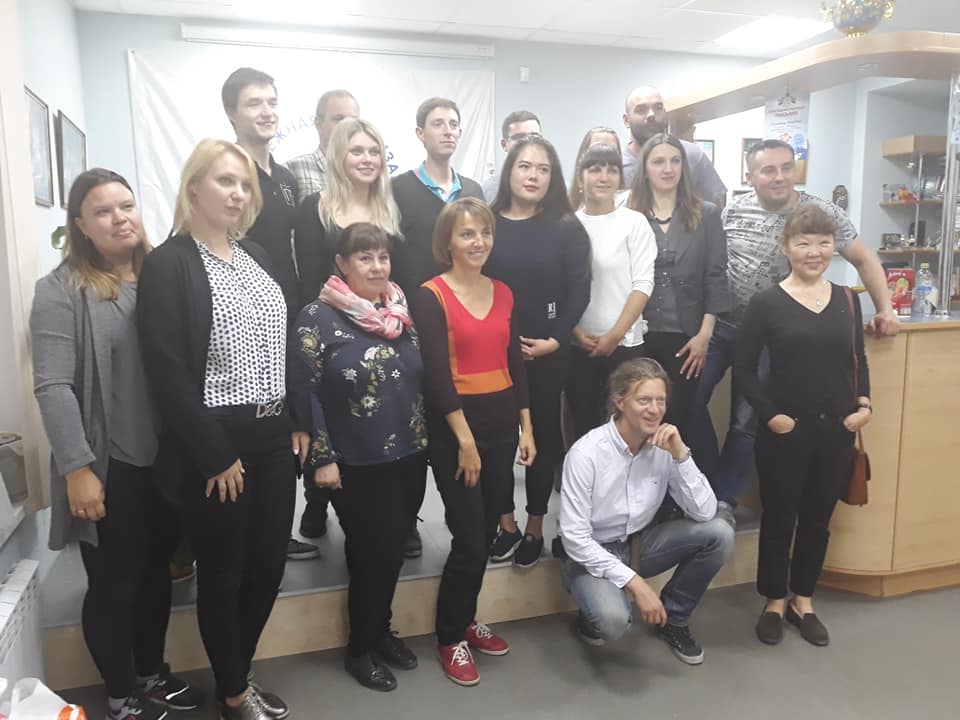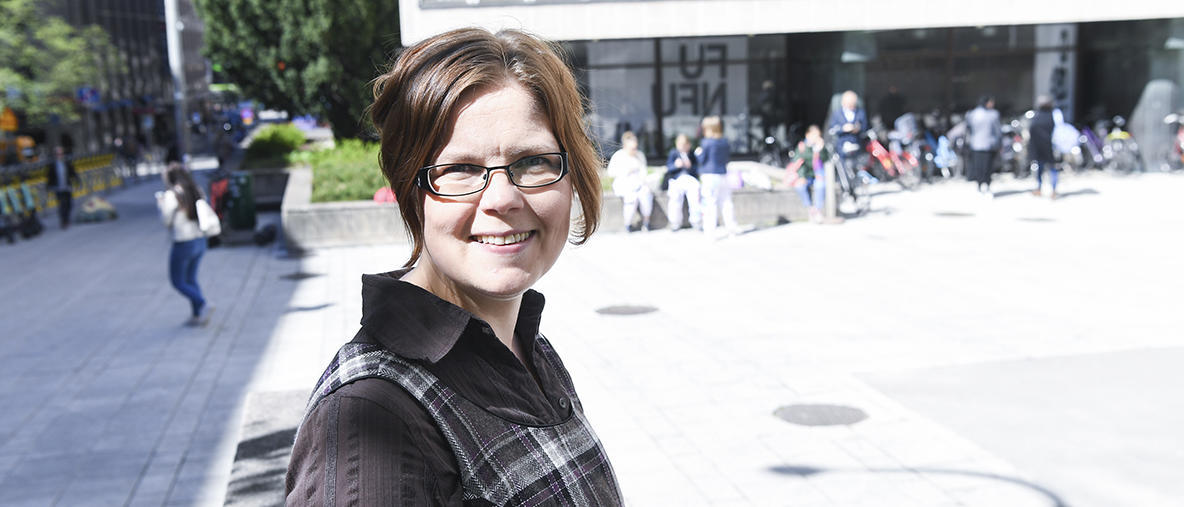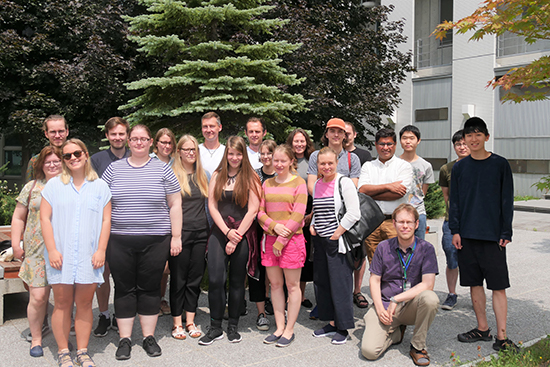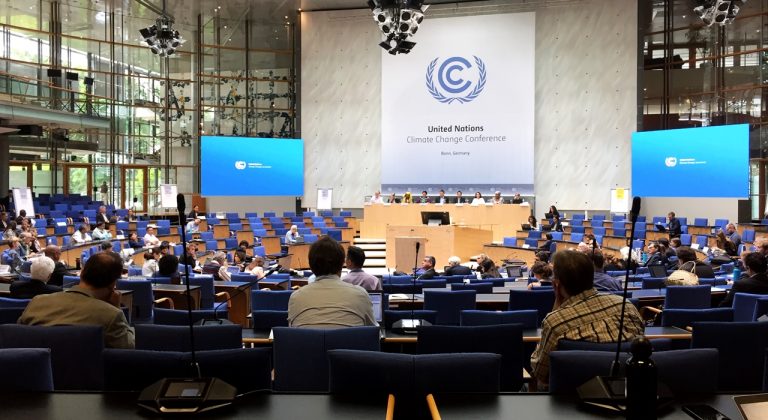Yesterday Veli-Pekka Tynkkynen gave the first lecture at the lecture series “Nyky-Venäjä asiantuntijoiden silmin” (Modern Russia through experts’ eyes), organised at the University of Tampere. Professor Tynkkynen’s lecture was titled “Venäjän maantiede ja polku hiilivetykulttuurista ekologiseen” (Russian geography and path from hydrocarbon culture to ecology).
Venäjän öljy- ja kaasuvaroja hyödynnetään myös osana sisä- ja ulkopoliittista vallankäyttöä, jossa yhdistyy puhe identiteeteistä energiavirtojen kautta vaikuttamiseen. Tämän vallan kääntöpuolena on, että merkittävien talous- ja ympäristöongelmien takia valittu politiikka ei saa kansan silmissä siunausta. Tästä syystä Putinin hallinto on rakentamassa kansallista identiteettiä fossiilienergian varaan – se on luomassa hiilivetykulttuurin. Se on antiteesi ekologiselle kulttuurille, jonka edistämiseksi Venäjällä on kuitenkin kaikki kortit kädessään.
Read more information on the lecture series at the course description page.
